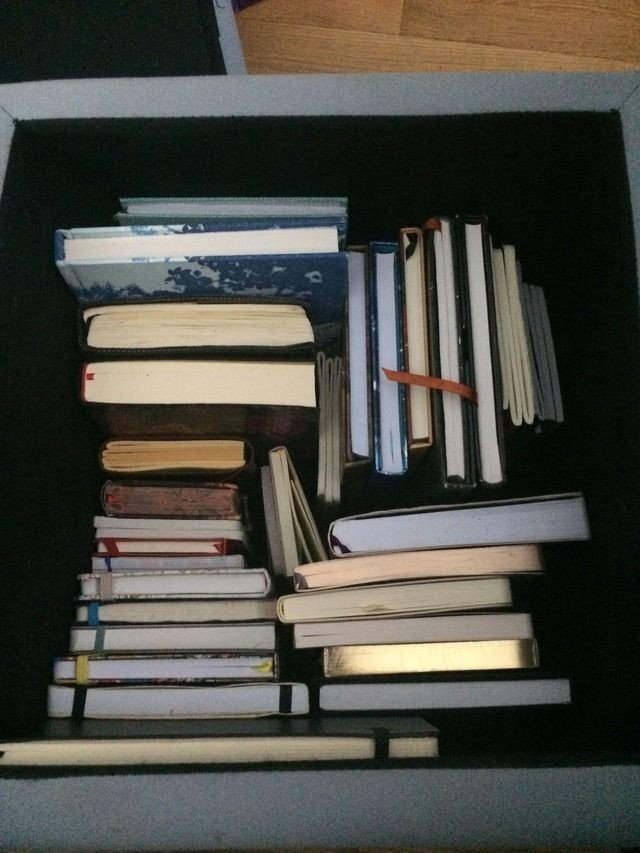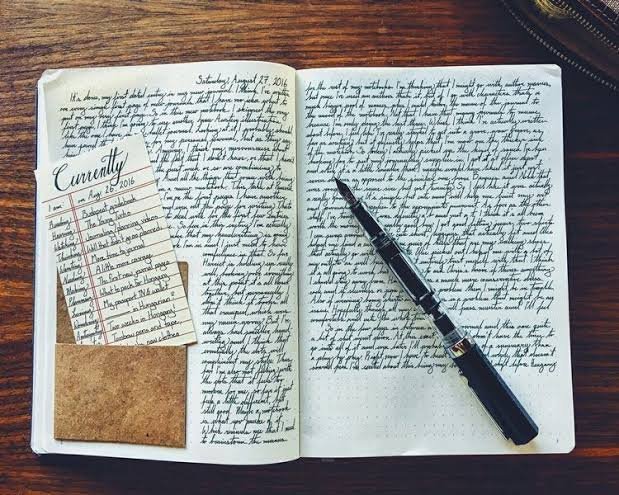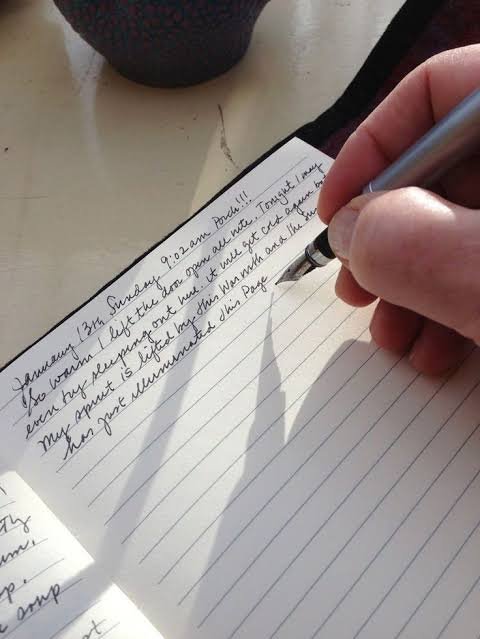Why one must journal ?
Journaling is a thoughtful way to express yourself and get to know yourself better. It's also a great tool for overcoming anxiety and stress. In this post I'll be sharing with you all everything you need to know about journaling so that you can start writing in your diary today!
What is journaling?
It can be used as a way to record your life story, spiritual journey or career goals. You might also want to use journaling as part of your health goals.
The benefits of journaling are many:
Why should I journal?
If you're looking to improve your mental health and wellbeing, journaling can help. It also helps one become more alert of their surroundings. The benefits of journaling include:
Raising awareness of what's going on inside yourself at any given time;
Helping you understand how other people feel (if it helps them) or what they need;
Knowing where all those negative thoughts come from - they may be helpful if used positively!
Who can benefit from journaling?
Journaling can be a great way to express yourself, as well as help you understand your feelings, thoughts and experiences.
It’s also a great tool for self-awareness!
When you journal regularly, you get used to writing down what's on your mind—and then seeing how those thoughts relate to the rest of your life. You begin to notice patterns that may not have been obvious before (like when something happens at work or at home). And once these patterns are identified for what they are (usually something negative), it becomes easier to change them in order not only improve our lives but also make them better overall by working through issues openly instead of hiding behind walls or ignoring problems completely because there's no point in dealing with them head-on when there isn't anything wrong with us anyway!
Is journaling the same as a diary?
Journaling is not the same as a diary. A diary is a personal record of daily events, while journaling can be done for any reason at any time.
If you're new to journaling, it's important to know what kind of journal you might want to make and how often you'll need it before starting out:
How does journaling work?
Journaling is a way to express your feelings. You can write down what you're feeling, or record an audio recording of your emotions and thoughts. You can use journaling as a way to process past events, or as a tool for self-reflection on the present moment.
Journaling can be done in many ways: physically writing in a journal; digitally typing up words and images on your computer (or even using Google Docs); or speaking into an app like Apple's Siri (if you're old school). The format doesn't matter as long as it gets down onto paper somehow!
What can I write about in my journal?
Write about your day. If you’re having a good one, write about it! If you're not, write about that too—but don't forget to include the positive things in your life as well.
Write about your thoughts and feelings. These are two things that we all struggle with sometimes; journaling can help us address them directly and put them into perspective so they don't become overwhelming or cause us stress when they surface unexpectedly later on in life (like when we're feeling down).
Write about goals and dreams for yourself or others who might benefit from them too (like children). And don't forget to capture how far along those paths are right now so that if/when something happens unexpectedly along the way...you'll be able to adjust accordingly without hesitation!

Source
How do I develop a consistent journaling habit?
Set aside a specific time for journaling.
Start with a small goal: write about your day, or a specific topic. Write about your feelings, or your goals. Write about dreams and aspirations.
Once you've started journaling regularly, it's important to stick with it!
Where do you start when you're new to journaling?
When you're new to journaling, it can be tempting to skip straight to the end of your day and start writing about what happened. But that's not really how this works!
Instead of jumping right in, take a few minutes first: write down some basic information about yourself (your name, age, etc.), then set aside space in your journal for each day. Write down three things that made you feel good today—and five things that made you feel bad—then spend some time thinking about why those emotions came up.
Write at least one personal goal per week; these could be anything from learning more Spanish words during the summer vacation or making sure there's enough food in the fridge when we get home after work tonight!
Journaling can help anyone express their feelings and connect with themselves and others.
Journaling can help you express your feelings and connect with others. It's a great way to get in touch with yourself, discover your purpose, and find your identity.
Whether you're just starting out or have been journaling for years, there are some basic tips that will help make your writing experience more enjoyable.
I hope you found this post helpful. If it was, please let me know by leaving a comment below . I look forward to seeing what you write in your journal and hearing from others who have found value in the practice of journaling.

